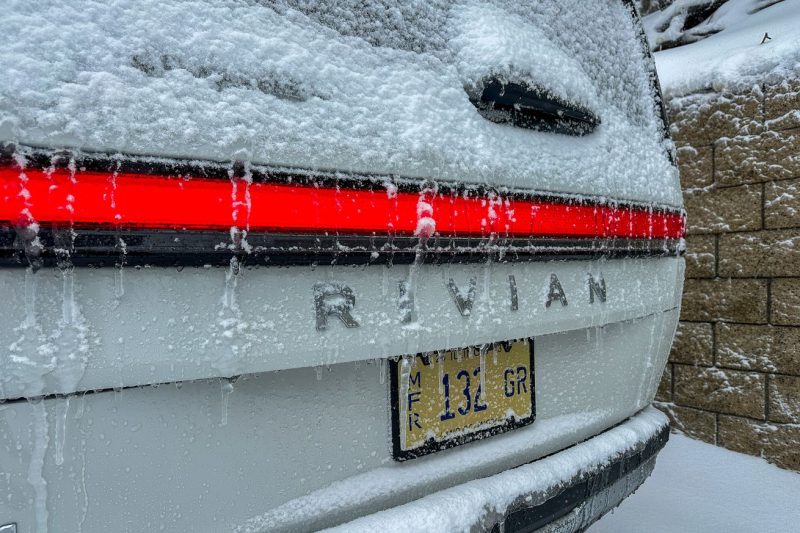The global automotive industry is currently witnessing a monumental shift towards electric vehicles (EVs) as companies strive to reduce their carbon footprint and meet the growing demand for sustainable transportation. Rivian, a prominent player in the EV market, has been making waves with its innovative designs and cutting-edge technology. However, recent developments suggest that the company is facing challenges in ramping up production to meet the market demand.
Rivian, originally projected to manufacture a significant number of electric vehicles in 2024, has now announced a revision in its production targets. The company disclosed that it will be producing fewer EVs this year compared to the previous year, a surprising turn of events that has raised eyebrows within the industry.
This shift in production strategy could be attributed to a myriad of factors, including supply chain disruptions, semiconductor shortages, and logistical challenges. The ongoing global crisis, including the COVID-19 pandemic and geopolitical tensions, has significantly impacted various industries, and the automotive sector is no exception. In this context, Rivian’s decision to scale back its production volume may be a strategic move to navigate these uncertain times and ensure sustainable growth in the long run.
Despite the reduction in its production targets, Rivian remains optimistic about its future prospects. The company has garnered a loyal customer base and received positive reviews for its electric vehicles, such as the R1T electric pickup truck and the R1S SUV. These models have been praised for their performance, range, and off-road capabilities, positioning Rivian as a strong contender in the competitive EV market.
Moreover, Rivian’s commitment to sustainability and environmental stewardship continues to resonate with consumers who are increasingly conscious of the ecological impact of their purchasing decisions. By prioritizing eco-friendly practices and investing in renewable energy initiatives, Rivian sets itself apart as a responsible corporate citizen dedicated to building a more sustainable future.
In conclusion, while Rivian’s decision to produce fewer electric vehicles this year may come as a surprise to many, it underscores the complexities and challenges inherent in the automotive industry. As the world transitions towards a greener future, companies like Rivian must adapt to evolving market dynamics and navigate unforeseen obstacles to ensure their long-term success. By prioritizing innovation, sustainability, and customer satisfaction, Rivian is poised to make a lasting impact in the electric vehicle landscape and shape the future of transportation.
